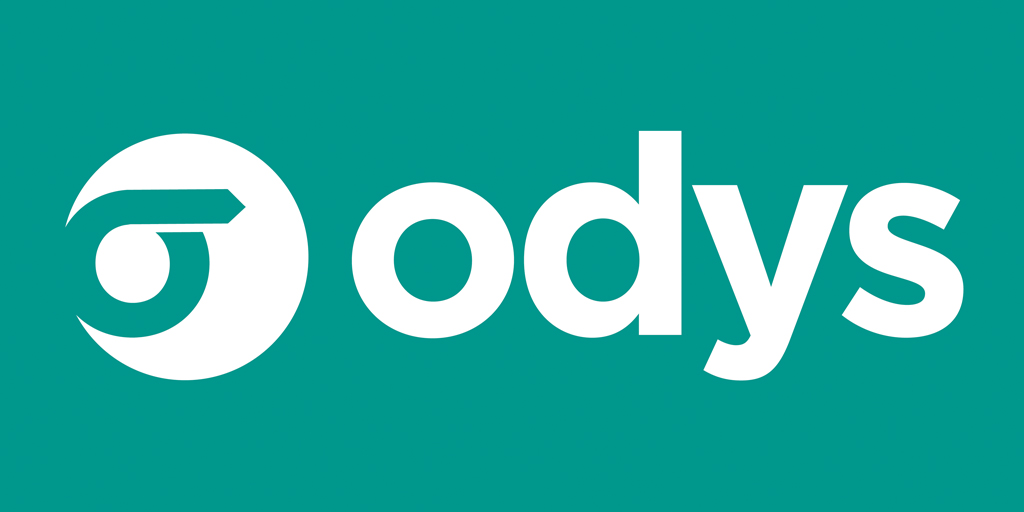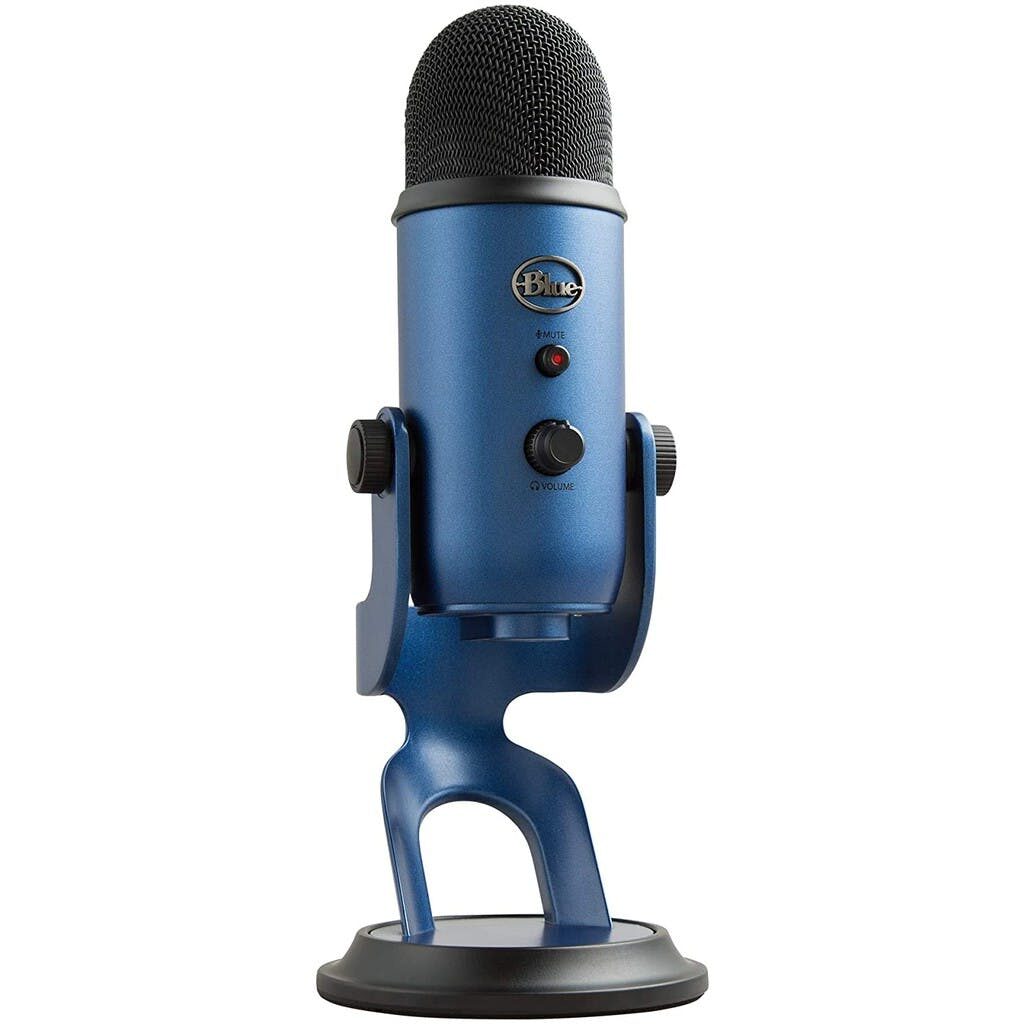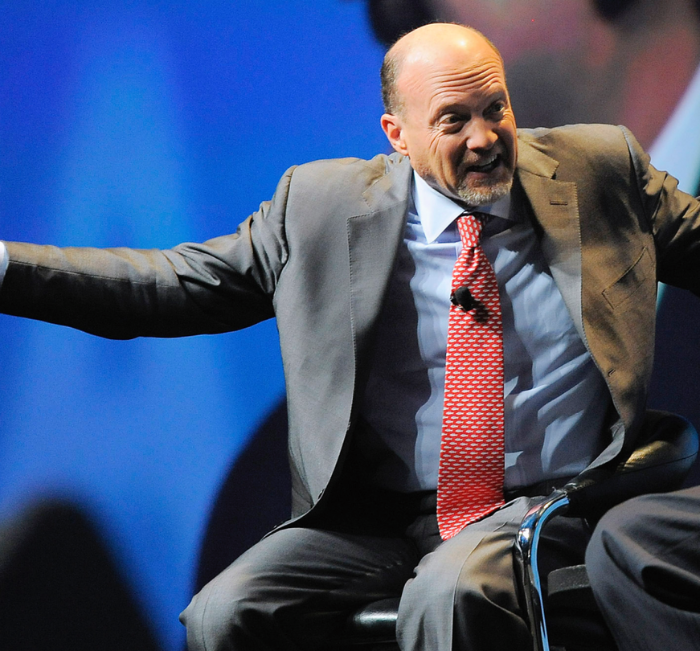How to monetize your voice without being a singer.
Welcome to issue #26 of Alternative Assets.
This week we’ve got something a bit different for you. I was buying a microphone in preparation for a new podcast episode (which I’m really excited to release, btw), when it dawned on me: Our voices are assets. And you don’t need to be a singer to earn money from it.
In fact on a per-hour basis, it seems to be one of the most profitable things you can do with your time.
Let’s dive in!

Table of Contents
The history of paid voice acting
I’m sure many of you associate voice acting with charming Pixar movies, or perhaps the less-than-stellar performance from professional basketball players from the NBA 2K video game. (They should uhh…they should probably stick to their well-paying day jobs.)
However, voice acting has a long and storied history involving mediums such as radioa nd weather broadcasting, all the way to newer avenues such as podcasts and audiobooks.
The first actor to ever have his voice appear on radio was Reginald Fessenden, and you couldn’t find a more British name if you tried. On Christmas Eve,1906, from a studio in Boston, Fessenden sent out audio to the sea that included a recorded speech of his own voice — the very first time this was ever done.
While Fessenden’s feat was an impressive, what really bought voice acting to society was a man you may have heard of — Walt Disney. In the famous 1928 short Steamboat Willie, Walt Disney’s performance was the first example of a fictional character being voiced. This set off a chain of events that lead to the rise of voice acting, animation, and eventually led to my all-time favorite show, Family Guy.
Why become a voice actor?
Since Mickey Mouse burst onto the scene in the 1920s (also voiced by Walt Disney), voice acting has transformed from a niche business only available to entertainment royalty, to one that is quite widespread.
As technology has advanced, so too has the necessity for talented voice actors. Games, podcasts, audiobooks, and animations are no longer gate-kept by powerful Hollywood studios or those with an exorbitant audience. Independent companies, hobbyists and freelancers all have stakes in the voice acting business.
Right now, as you’re reading this article, is probably the best time ever to become a voice actor.
You may be thinking: ‘Yes, I have a luscious, charming voice. It permeates every room. But why would I pursue this?’
Even if your ultimate goal is not to enter the world of voicing characters, getting a start in this industry provides budding film stars, radio/TV presenters or even esports “shoutcasters” with a foot in the door, and a really cool body of work to reflect on.
Another great reason is the work environment — many voice actors are freelancers (or to use the trendy term, ‘solopreneurs’) which means they get to dictate their hours, how hard they work and of course, their rates
And boy, their rates. My god.
Let’s talk rates.
Sponsored

Want to supercharge a website before you start building?
ODYS is a fantastic new way to kickstart the site of your dreams with an aged, brandable domain that’s relevant and full of link juice.
These aren’t just premium domains, they come with a backlink profile that can boost your site for years. Think of it like building a house: Instead of starting from scratch, you can build on top of an existing strong foundation.
In fact, this is such a well-kept secret that ODYS doesn’t just let anyone in. Your referral code is Alternative Assets.
The most expensive voice actors ever hired
Just how far can a voice actor take their craft?
In terms of a single performance, Johnny Depp’s portrayal of the chameleon Rango would be up there, with the actor reportedly raking in $7.5 million for his performance.
But in terms of longevity, the best answer might be the The Simpsons (My second-favorite show of all time). Given their incredible talent as voice actors, the stars (Dan Castellaneta, Yeardley Smith, Julie Kavner, Hank Azaria, Nancy Cartwright) rake in about $300,000 – 400,000 per episode.
The Simpsons has been running for 30 seasons now.
Yep. We’re talking big bucks.
How much do voice actors get paid?
Voice actor hobbyists can make anything from roughly minimum wage, to hundreds of thousands of dollars a year doing part-time work, while seasoned veterans can make millions lending out their voice.
Presumably most readers would start off doing freelance work, which is typically volatile when it comes to pay rates. Multi-hour jobs can net you as little as 20 dollars when you’re just starting out…ugh. But as you become more established, a realistic rate per project might be $300-400 for a 30-sec radio commercial (wow) or $2,000 – $5,000 for an audiobook that probably takes a few full days to record. Not bad at all!
Many voice actors charge by the word, or even by the second! Even short jobs can get pricey very quickly.
The Aussie woman I hired to record my Podcast intro (who is not my wife by the way, as some have asked) charges $50/hour. She gave me a 40% discount because she likes Alternative Assets, which is good, because her rates are going up again next month.
Setting your starter rate
Lots of factors come into play when considering your own rate. First, you have to be honest with yourself: How great is your voice, really? Do you sound like a walrus, or like Sinatra? (not that it matters much, there’s room in the industry for both! Howard Stern’s no Sinatra, but nobody cares.)
Still, do you have a studio, or do you record from your drafty, echo-y apartment? Are you represented by an agency? Do you have a unique skillset that is irreplaceable?
And most importantly: What have you done in the past?
Like with any entrepreneurial venture, how much you get paid really depends on how hard you’re willing to work, what you’ve proven you can do so far, and whether you’re ultimately any good at what you’re selling.
Contracts, deals and alternative structures
When you’re working as a freelancer on a per project basis, the pay structure is very simple. The content creator pays you for the rights to your recording, you record something and provide it to them and voila the transaction is complete.
When it comes to broadcasting rights, the pay structure becomes more complex. Radio stations, television and internet voice-acting gigs for commercials generally have a 12-month license — meaning that after 12 months, anyone that uses your recording will need to pay you again. (Woohoo!)
Depending on whether you’re with a management agency or the deal you sign, if your audio is used in additional locations (airplane in-flight commercials, sports stadiums, DVD trailers etc.) you’ll also be paid a usage fee that can net you some sweet income.
But so much depends on your contract. Unless agreed upon in the contract, you will not have access to end-product royalties or ongoing residual income.
For example, if you provided voice work for the next Shrek movie: Shrek 17, and it raked in $100 billion at the Box Office, you would not see a penny of residual income. It all typically gets distributed to the producers, executives and other stakeholders. While the unions are trying to change that, for now royalties are generally not paid when an actor’s voice recordings are replicated on DVD, streaming services, game sales, etc.
There are examples of actors taking a percentage of a film’s gross profits in stead of a salary. A famous example of this Leonardo DiCaprio in Inception. However this is tough to negotiate and not common.
And forget royalties, sometimes voice actors get royally screwed on pay. The film hadrabid success, pulling in around $1.2 billion at the box office. Yet Lacey Ganus missed out on all of it. For her efforts, she got paid just $926 dollars.
How long does it take to get going?
In all seriousness, gathering your feet in this industry can be tough. You may get a lucky break immediately, or you might spend months toiling away on low-paying gigs with no logical path to riches in sight.
One of the first signs of ‘making it’ in many creative enterprises is when new clients cold approach you for work. This is when you have the most sovereignty of your pay rates and work hours.
Getting to this point can be an arduous journey. You can still sustain yourself off of small-time jobs using various freelancing platforms, grow your resume and slowly increase your rates as you become more and more ambitious as a voice actor.
Due to the competition and disparity in wages, becoming a pro can take anywhere from 2 – 5 years. It depends on your dedication, skill and ability to market yourself. If you can find a unique niche that your voice can fill (and market it well) you’ll find it way easier to accelerate your rates.
Sponsored

Looking for a passive income source?
Has investing in digital assets has been on your mind, but you don’t know where to start?
Blackbook Investments has got you covered.
Get access to undervalued web properties and earn a much higher ROI compared to other asset classes. Whether you’re looking for a consistent income or big capital gains, website investing can help you achieve that.
With their personalized, comprehensive service and a vast network of buyers, sellers, and brokers, Blackbook Investments has been helping folks like you invest in websites for almost a decade.
Fill out their Investor Questionnaire and see if website investing is right for you.
Check out Blackbook Investments →
How much does it cost to become a voice actor?
Setup
Revenue doesn’t come without its costs. If you’re gonna be a serious voice actor, you’ll need a few key skills and lessons.
- Voice acting (online tutorials or in-person lessons)
- Voice recording (creating a proper studio)
- Audio editing (classes or online tutorials to learn editing software)
- Marketing and brand-building
Setting these elements up can really cost anything depending on your goals. You could use your phone mic, free audio editing software and watch accessible YouTube vids to start off with and form your portfolio. Or you could dive straight in and build a home studio for $5,000, pay for professional voice acting classes and a powerful editing software like Adobe Audition or Pro Tools ().
You may also forego a home studio in lieu of using a professional one — this would ultimately be more expensive.
However, it may actually be more practical from a cost, availability and convenience standpoint.
What you need to buy and do
Like most starting out in the voice acting sphere, if you’re interested in creating a reasonable home studio without going broke, there are a few things you will need.
A good recording space
This can be quite an expensive venture, as most bedrooms are small and have poor acoustic absorption, meaning that your voice-acting will sound less than optimal. Not to mention the dogs that incessantly bark and the family members that constantly ask for favors.
While difficult to organize on a budget, there are certainly ways to do it. Acoustic treatment is a bit too complex to get into in this article, but should do the trick nicely.
Skill refining
Online classes are easily available. You can support my old employer, lynda.com, or there are innumerable free resources on YouTube and various blogs.
A decent microphone setup
There are lots of good microphone options. Something like A Blue Yeti, Rode Procaster, or Shure SM7B are good choices. (For my podcast I ended up buying the Blue Yeti. It had great reviews, and I really like the exterior design.)
Audio interface
Depending on the microphone, you may need to pair it with an external interface for it to work with your computer.
Some microphones (condenser microphones) require Phantom Power to work — without it, all of your recordings would be silent. Audio interfaces provide this, and additionally act as an external sound card, allowing you to connect an XLR to USB cable to communicate with your computer.
But USB microphones like the Blue Yeti circumvent this process entirely, and just connects directly to your computer. You lose a little bit of quality, but meh — only neckbeard audiophiles can tell.
Audio editing software
Audacity, GarageBand, Adobe Audition and Pro Tools. Learn one of these so you can make quick edits without spending time on Upwork.

Why is it so expensive to hire a voice actor?
Yes, hiring a voice actor is expensive. But remember, just like with freelancing or other contract work, you’re not just paying for someone’s direct time — you’re paying for what it took them to get where they are today, including:
- Their experience/portfolio working in the industry
- The cost of their training/classes
- The cost of their studio equipment
- The files/actual recording
And only then are you paying for their time spent in the studio/performing.
Voice acting marketplaces
As expected, there are number of marketplaces where you can buy and sell voice services.
While the usual suspects (Upwork, Fiverr, and Freelancer.com) should treat you well here, you’ll be better off going to a marketplace that specializes in voice.
Voices.com
Voices.com is probably the biggest and the best for budding voice actors — it allows you to post samples of your work, trawl through thousands of jobs paying different rates and work to a timeline and pay structure that suits you.
On top of this, voices.com has a wonderful blog and is rich with content on how to improve your craft and make money not only on their platform, but in the general field of voice actors.
Voice123.com
Voice 123 is an open marketplace for voice actors and those with commercial projects to show-off their talents and hire those that suit their needs.
As a voice actor, you post samples of your work which clients can browse and select based on categories (such as price, gender etc.)
Alternatively, projects can be posted that voice actors then apply to, much in the same way that UpWork, Airtasker and other freelance sites work.
There are different plans (one is free) which offer benefits such as lesser competition for jobs, the ability to apply to more projects and an unlimited upload bandwidth for voice acting samples.
Voiceovers.com
Clients post a job offering and details of the specific type of actor they would like. Voiceovers will then trawl through their list of voice actors and send a few samples to the client, who will choose whichever is optimal for their project.
You can apply to become one of these voice actors through their website for free — and they are always on the lookout for talented new artists.
If accepted, you will receive direct invites to various projects that a client has hand-picked you for (there aren’t open casting calls on this website), meaning success rates of being regularly booked are high.
The Voice Market
The Voice Market is like Voices.com, but just for Aussies. If you’re from Down Under (or just a big fan of our accents), this site is a collection of Australia’s finest voice talent.
You can apply to become a voice actor (though the barrier for entry seems to be quite high — a good resume and experience will help!) directly for the market, who will then hire you out.
Alternatively if you don’t get accepted directly, you can apply to voiceover jobs through their marketplace, where clients post projects that members can apply in much the same way voice123 and voices.com does.
Future of voice acting
The explosion of voice acting has come alongside the explosion of technology. Audiobooks and podcasts used to be niche hobbies. Animation was limited to those with connections in the industry. Things have changed rapidly. Basically anyone can become a voice actor now. Voice acting will only become more and more prominent as time goes on.
As technology continues to improve and becoming more accessible, there may be completely new mediums for voice actors to tackle as we make further advancements in the future — just think of the movie Her.
But in the meantime, what about those high prices? Will they come down?
I think they have to. Accessibility leads to supply, and voice actors have been getting away with murder for decades. As the industry becomes more saturated with middling talent, average prices will fall.
While this admittedly sounds bad for prospective actors, it’s actually not. Hard work, talent and niche skill will nearly always transcend the masses. The middle will suffer, and the bottom will become a mess.
But it’s hard to see the top-tier & professional voice acting market going away anytime soon.
How’d you like this issue?












